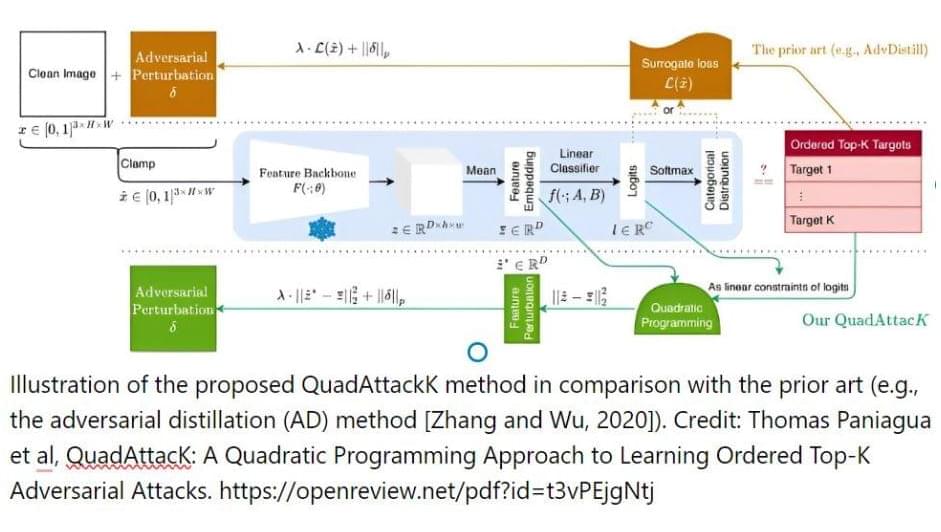Artificial intelligence tools hold promise for applications ranging from autonomous vehicles to the interpretation of medical images. However, a new study finds these AI tools are more vulnerable than previously thought to targeted attacks that effectively force AI systems to make bad decisions.
At issue are so-called “adversarial attacks,” in which someone manipulates the data being fed into an AI system in order to confuse it. For example, someone might know that putting a specific type of sticker at a specific spot on a stop sign could effectively make the stop sign invisible to an AI system. Or a hacker could install code on an X-ray machine that alters the image data in a way that causes an AI system to make inaccurate diagnoses.
“For the most part, you can make all sorts of changes to a stop sign, and an AI that has been trained to identify stop signs will still know it’s a stop sign,” says Tianfu Wu, co-author of a paper on the new work and an associate professor of electrical and computer engineering at North Carolina State University. “However, if the AI has a vulnerability, and an attacker knows the vulnerability, the attacker could take advantage of the vulnerability and cause an accident.”










Comments are closed.